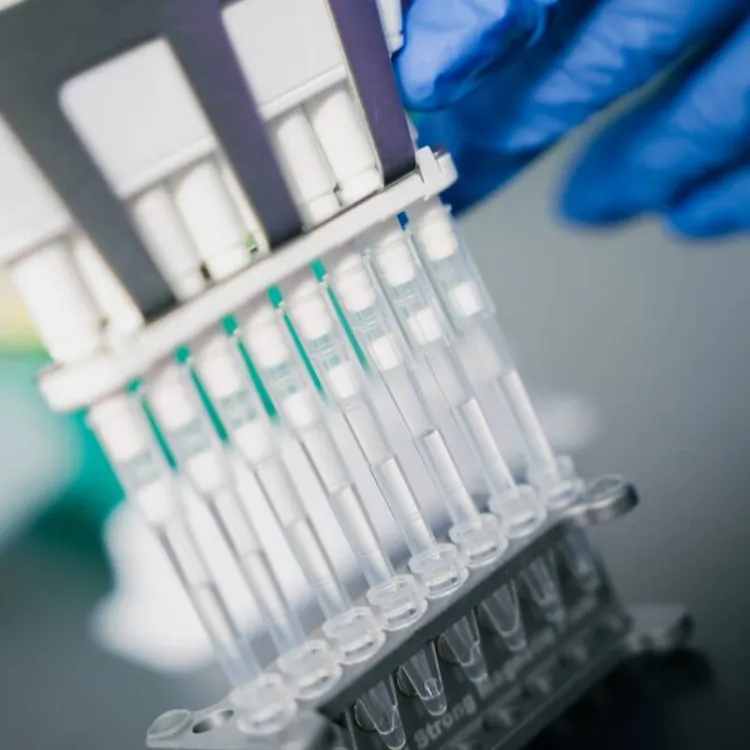Program Overview
If you're passionate about science and medicine and have an investigative mind, Biomedical and Clinical Sciences could be the perfect major for you.
Students in this major collaborate closely with faculty and engage in hands-on learning across classroom, laboratory, clinical, and industry settings, developing both critical thinking skills and technical expertise. They choose a concentration in one of three areas: Medical Laboratory Science, Public Health Laboratory Science, or Applied Biomedical Science.
Program Mission
The mission of the University of Vermont’s Biomedical and Clinical Sciences program is to educate, train and graduate professionally competent and ethical individuals committed to lifelong learning, and who are prepared to meet current and future workplace challenges in biomedical and clinical sciences.

Educational Goals
- Graduates will be competent to function as entry-level medical laboratory scientists in any clinical or public health laboratory environment
- Graduates will demonstrate problem-solving and critical thinking skills
- Graduates will demonstrate effective written and verbal communication skills
- Graduates will demonstrate the highest professional and ethical standards
Accreditation
The concentration of Medical Laboratory Science within the Biomedical and Clinical Sciences degree program at the University of Vermont has been re-accredited for the period April 30, 2022 - April 30, 2032 by the National Accrediting Agency for Clinical Laboratory Science, 5600 N. River Rd., Suite 720, Rosemont, IL 60018-5119; (773) 714-8880.